
Loading...
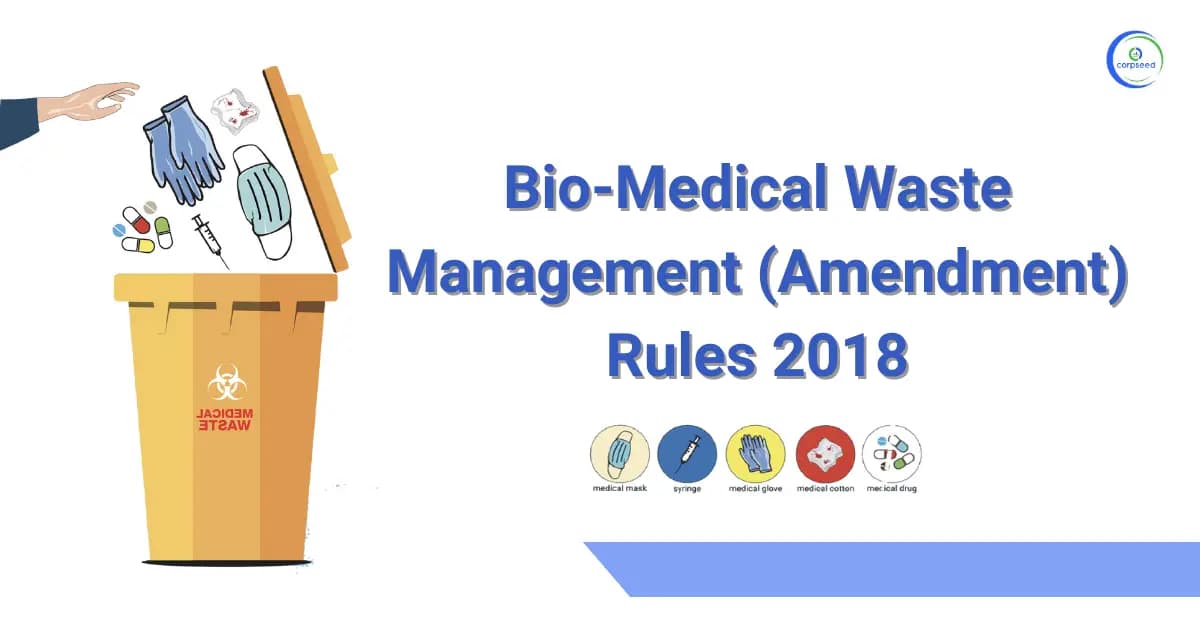
Considering this, the Ministry of Environment, Forest and Climate Change introduced the Bio-Medical Waste Management (Amendment Rules) 2018..
About the Author

Experienced Digital Marketer with a demonstrated history of working in the Internet industry. He likes to write about the latest technology trends, Skilled in Digital Marketing likes. Search Engine Optimization, SMO, SEM, PPC, Content Writing, and, Designing, etc.
Related articles
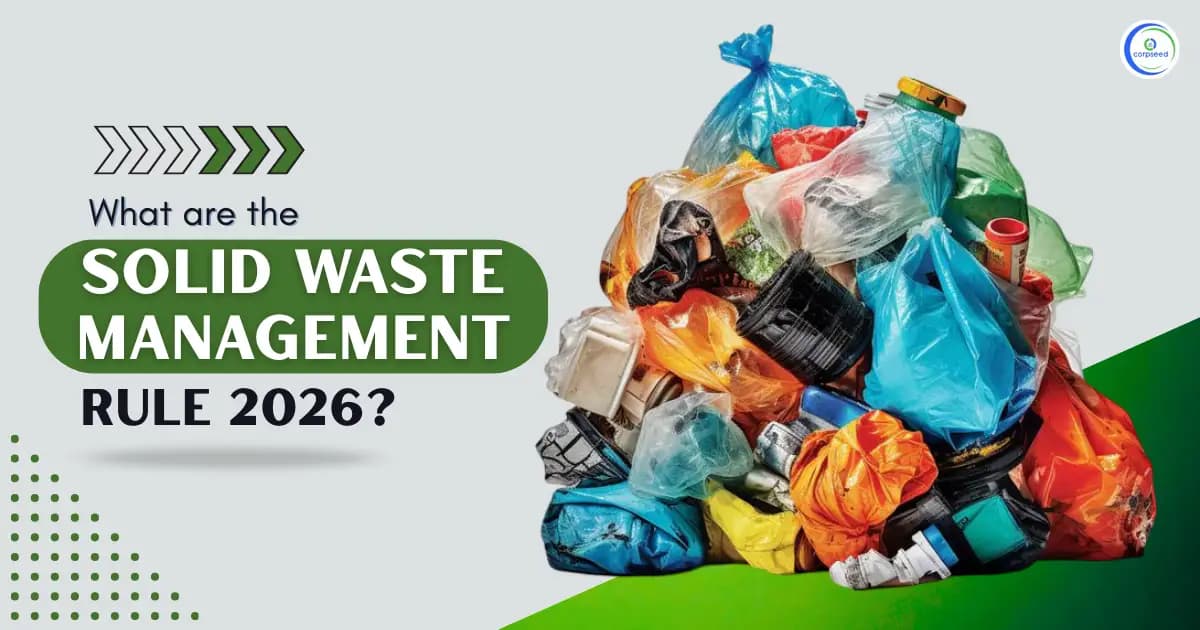
What are the Solid Waste Management Rules, 2026?
2026-02-05
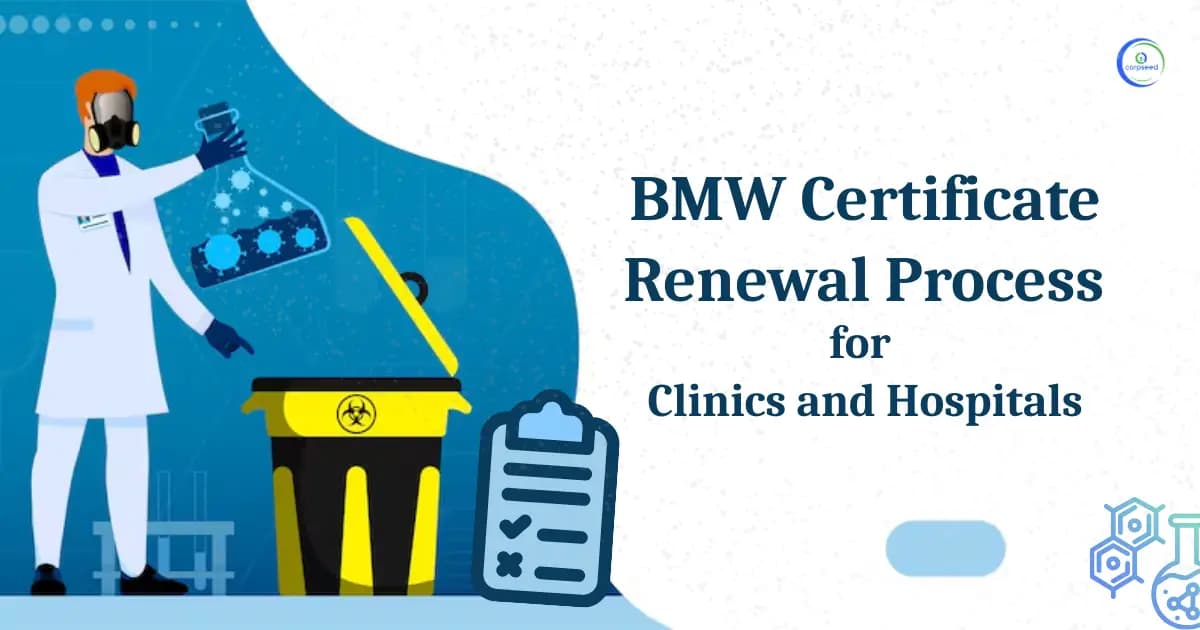
BMW Certificate Renewal Process For Clinics And Hospitals
2026-01-05
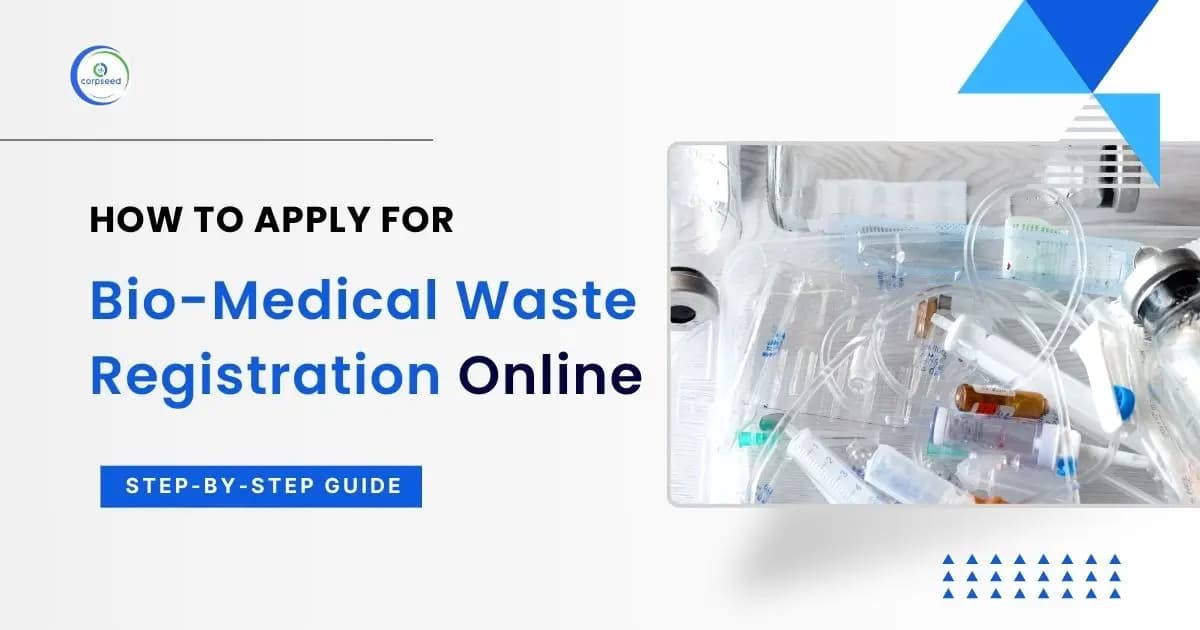
How to Apply For Bio-Medical Waste Registration Online: Step-By-Step Guide
2025-12-23
.webp&w=1536&q=75)
Hazardous Waste Authorization Annual Return: Filing, Compliance & Legal Requirements
2025-10-09
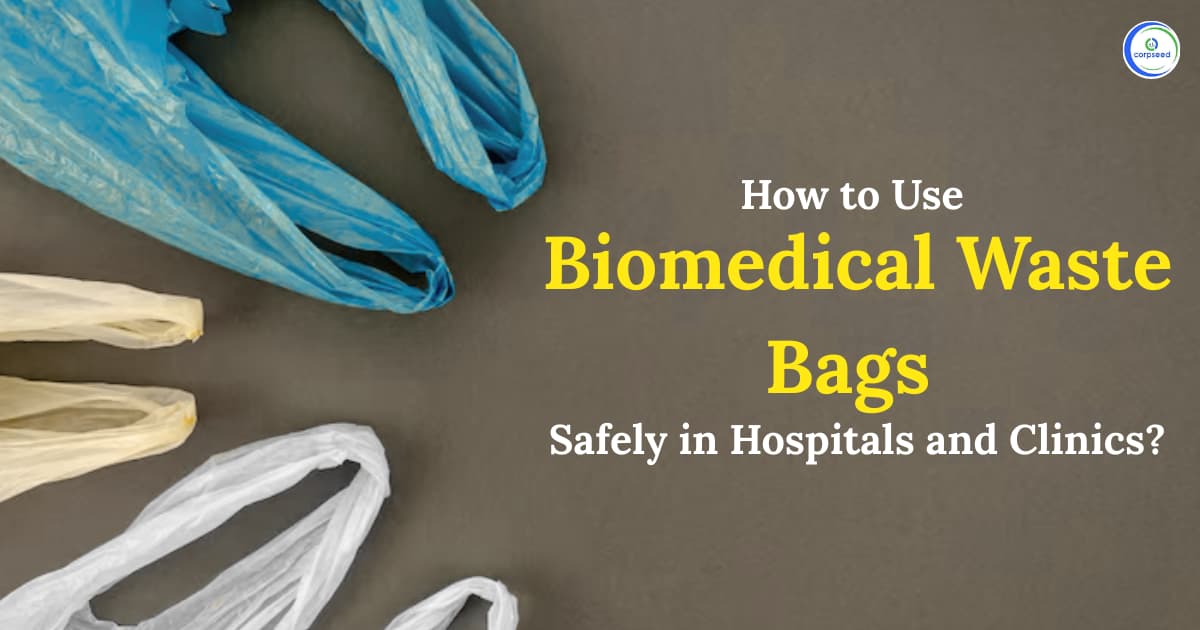
How to Use Biomedical Waste Bags Safely in Hospitals and Clinics?
2025-08-19
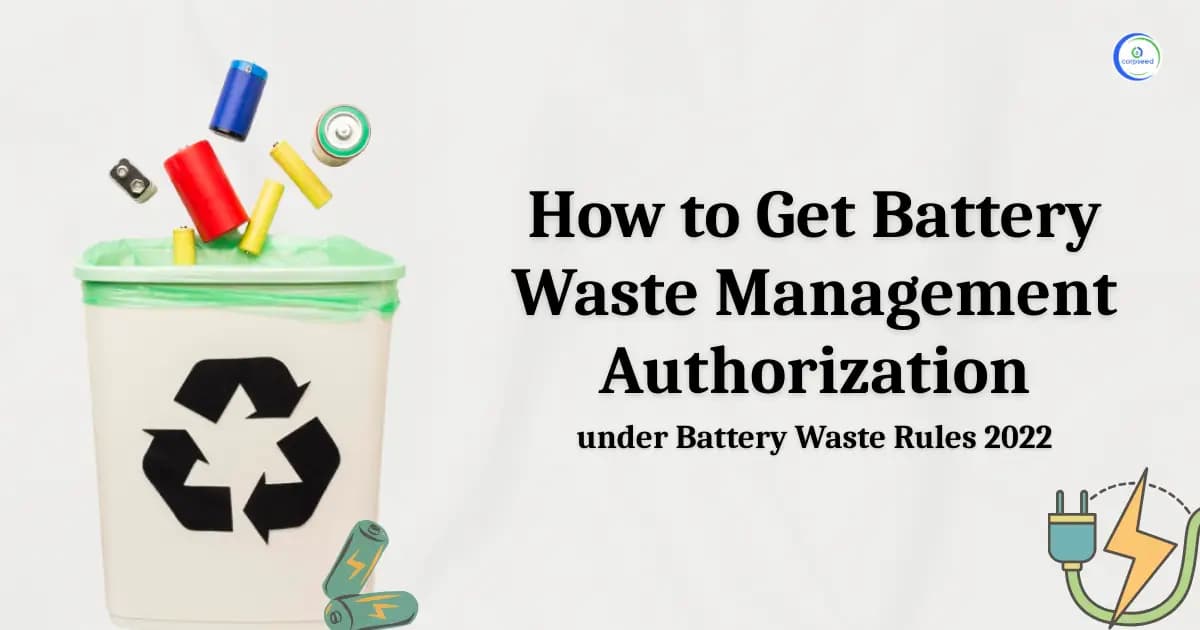
How to Get Battery Waste Management Authorization under Battery Waste Rules 2022
2025-08-14